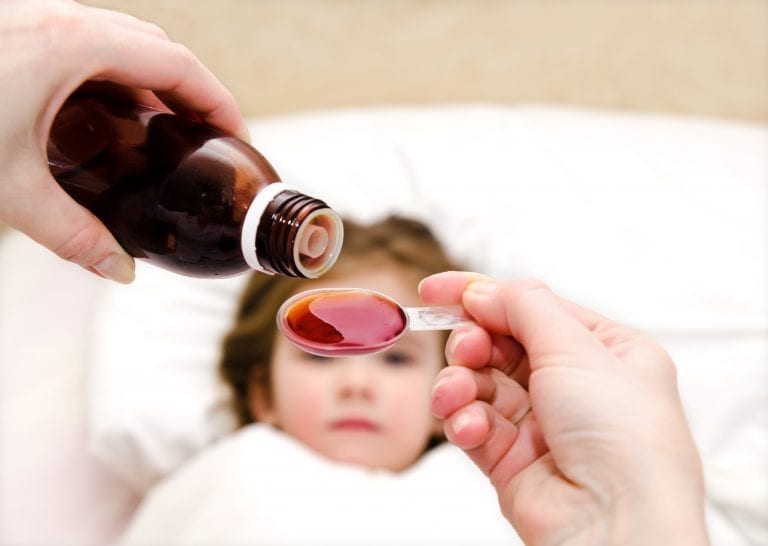Does My Baby Need These Treatments?
Labor is over, you have breastfed and bonded, and baby now gets an exam. The nurse explains she will give Vitamin K, antibiotic eye ointment, and a Hepatitis B vaccine. But wait—does baby need these treatments?
Q: Vitamin K?
A: Yes, your baby needs this shot
The bacteria in your intestines make this very important vitamin that helps your blood clot every day. Babies are born without bacteria so it takes a while until they can make their own vitamin K. They have low stores because it doesn’t cross the placenta well and your breast milk doesn’t contain large amounts of vitamin K.
Years ago, many babies had unexpected bleeding and died from vitamin K deficiency bleeding (VKDB). Giving newborns a vitamin K shot prevents this. It has been the standard of care since 1961, and it is mandated by law in some states. One myth that circulates is that vitamin K shots cause cancer—this has been proven untrue. You may wonder whether you can give vitamin K by mouth instead of by shot, but it’s not always effective and requires many doses.
SEE ALSO: Why Vitamin K Injection for NewBorns is needed
Q: Antibiotic eye ointment?
A: Your baby probably should have this treatment; it has low risks and high benefits.
Your birth canal isn’t sterile; sometimes amniotic fluid isn’t either. Bacteria can give baby an eye infection called conjunctivitis. Certain bacteria can even cause blindness. For this reason, usually required by law, all babies are given antibiotic eye ointment to prevent infection.
Some experts say if you have good prenatal care and are free of infection your baby doesn’t need the ointment. But moms who have infections may not have symptoms or know they’re sick. Many eye infections look the same, so the cause is hard to identify. In research, babies treated with antibiotic eye ointments have lower rates of all kinds of newborn eye infections, and the protective effects of the ointment last several months.
Q: Hepatitis B vaccine?
A: This vaccine is safe and effective, and will be required before entering school.
This protects against the hepatitis B virus, which causes serious liver damage. Babies receive 3 doses by age 18 months. Hepatitis B virus spreads easily from an infected person or object. Chronic infection is more common among infants and children. Infected people can spread the virus to others, even if they don’t look or feel sick. Since 1991, hepatitis B vaccination has been recommended for all children. During this time, new hepatitis B infections in children have dropped by more than 95%.
SEE ALSO: Debunking the Myths About Vaccinations
RELATED TOPICS:
Caring for Your Late Preterm Infant
Breastfeeding Success in the Early Days
Should Your NICU Baby Take Acid-Suppressing Medication?
plus our Newborn Care and Health Complications sections for many more articles for the care of your newborn.






Comments are closed.